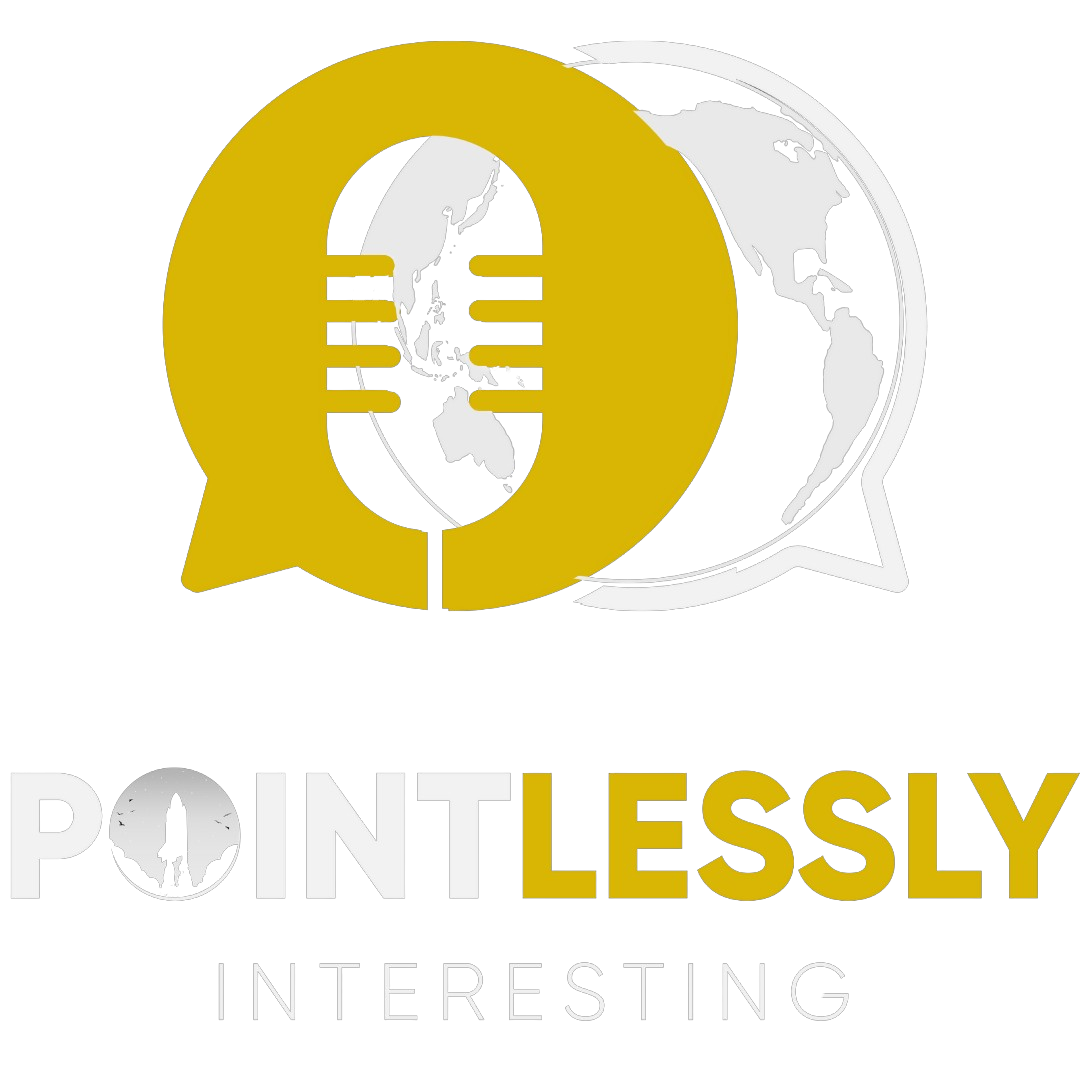In the face of it, it seems like it’s a basic conclusion: Truth is not dependent on subjective opinion, therefore has to be objective.
Recently, there has been this phrase said by some people: “This is my truth”. Does this mean they believe truth is a subjective thing, and can be different to each person? Possible. Some believe that this phrase is used in order to stop a discussion if the person is not interested in listening to the other side. Again, possible.
What is Truth?
Let’s look at the what truth generally mean. Truth has been used to define the true facts about something; facts that are agreed to be correct by everyone. A fact is something that is known to have happened or existed, and is often backed by some sort of evidence.
An example of a fact is that I am alive and living on this earth. I know this because I can see my body and I am currently writing this article (you are supporting this fact by reading this article). This brings me to the conclusion that me existing is the truth… is it though?
Can my existence somehow be a subjective truth only to me? Well, there are certainly ideas that might make someone come to that conclusion, such as the possibility that all this around us, all of this life and everything that exists, is all simply in our heads. It is possible that I am imagining writing this article at the moment and none of this is real, but then again, I have to exist for this to be in my head (even if I am bedridden somewhere). The difficulty with proving one’s existence is that it is impossible to prove or share our consciousness or our experience of existing; I could always think that everything around me, including the people, is all fake and simply in my head, and there would never be concrete proof that it isn’t the case. I guess the only proof that you and I can comfort ourselves with is that we are currently thinking, therefore we must exist somewhere.


The above is more of a philosophical topic that will be hard to conclude, but, the truth of existence can technically be classified as a subjective truth, because there isn’t really a way to verify it externally. For the purposes of this article, we’re going to assume that we all exist, and that you’re reading this article (and hopefully thinking about the topic).
Truth in Science
A field that can supply us with endless examples of “debatable” truths is science. Science of course, in general terms, is the study of the world around us. It has many fields of study, such as physics, that deal with certain aspects of existence. Physics deals with studying and explaining the structure of all that is around us; study of the stars and the universe, or something more focussed like studying the force of gravity. Scientific facts are generally backed by objective measurements.
There are many fundamental facts that science has provided us throughout the ages, one being the truth about the earth being a round planet. This became a fact because it was proven in many ways: the existence of a horizon (if the earth was flat, why can’t we see ships sailing indefinitely?), the lunar eclipse (an eclipse happens when the earth Is between the moon and the sun, and therefore the shadow of earth lands on the moon. Have you seen a flat shadow on the moon before?), and, for those who say ‘I believe it when I see it’, the pictures of earth from the ISS.
This became a scientific fact by being proven through logical and external factors, thus, it is now an objective truth.
Is Truth Fluid?
The trouble with science, however, is that it’s always evolving. There were times in history where people didn’t think about the horizon or field of view, and therefore took the truth as what they can see in front of them, which was that the earth was flat. It was not possible to take a picture of the earth from space, therefore, it was not possible to know for sure (for those who needed this). So at some point in time, the flat earth theory, whether or not it was correct, was indeed the truth. Only after observing the world more closely, having the necessary mathematics, physics or even instruments for calculation, that the earth was confirmed as being round.
There are many theories of science that do not yet have concrete infallible proof (mostly because technology has not caught up yet), therefore they are open to interpretation. Dark matter and dark energies are famously unknown (even though they make up most of the universe), and even black holes are simply an assumed existence based on other stars’ behaviour. The middle of the Milky Way galaxy has a massive black hole with an immense gravitational pull, which is why everything is revolving around it, but we don’t know much about what it looks like inside. There was an image taken of our black hole relatively recently but it only shows the ring of light around the black hole, the object itself is still a mystery. You can see the image on NASA’s website here.
What I meant there (ignoring the whole fanboying about space) is that truth can indeed change, but only if there is a more concrete fact that replaces a weaker one… example being the flat earth of yesteryear being debunked by science.

An Example
Now let’s put this into perspective with a simple example. Let’s say you see the symbol on the above picture written in a farm somewhere. What would you say it is? A 6 or a 9? Doesn’t it depend on your perspective when reading the symbol? Well, if you want to avoid conjecture, you would try to investigate the meaning of this symbol.
There are many ways to deduce what the symbol means. Let’s say this is a sheep farm… the symbol could be an indication of how many sheep are in this farm, so you would simply need to go and count the sheep. You count the sheep and you find that there are 6 sheep. That’s it! You found the answer!… or have you?
What if there are actually 9 sheep and 3 of them are simply away somewhere and will be back later? That means the number could still be 9?! Well, that’s an easy fix, you can just wait and count again once all the sheep are back, right? No exactly. What if the original number of sheep was indeed 9, but 3 were eaten by a wolf and are never coming back, then what? Technically the number now represents the 6 sheep left, but is that the truth of this symbol? Whoever put that symbol there did so with an intent. It was supposed to be a 9 representing the sheep in the farm, but it is now impossible for you to find this truth, unless the farmer himself tells you.
Conclusion
In conclusion, there might be some truths that will be impossible to prove, like the existence of self, but most truths and facts will have a correct answer that we simply need to try and get to. Science, if we use the sheep farm example, is trying to find the truth of things, but there are many variables that may affect the end result; what if they don’t have the tools to find the correct answer. What if they find an answer they think is correct, but another variable comes along and changes that fact? What if an important variable is missing and unknown at the same time? You don’t know what you don’t know. This means that truth may indeed change depending on variables available to us… but is there an absolute truth?
Like the sheep example, intent is the absolute truth. If someone invents an item, for example, they intended for it to be used a certain way, which is the truth (just because you can use a fork to scratch your back, doesn’t mean that’s what it was intended to be used for). In the science world, intent can be substituted with cause; there is definitely something of enormous gravity that is making everything in the galaxy revolve around the middle, whether it’s a dense object with massive gravitational pull, or an actual hole in space-time, that is the cause that needs to be verified, and then be an absolute truth.
So, what do you think? Is truth subjective? is there an absolute truth? I hope that this article gets you thinking about this.




